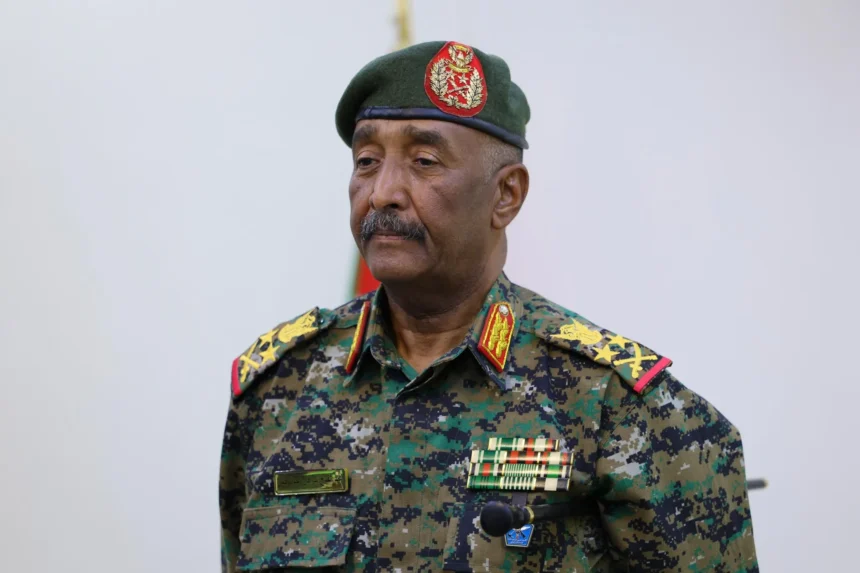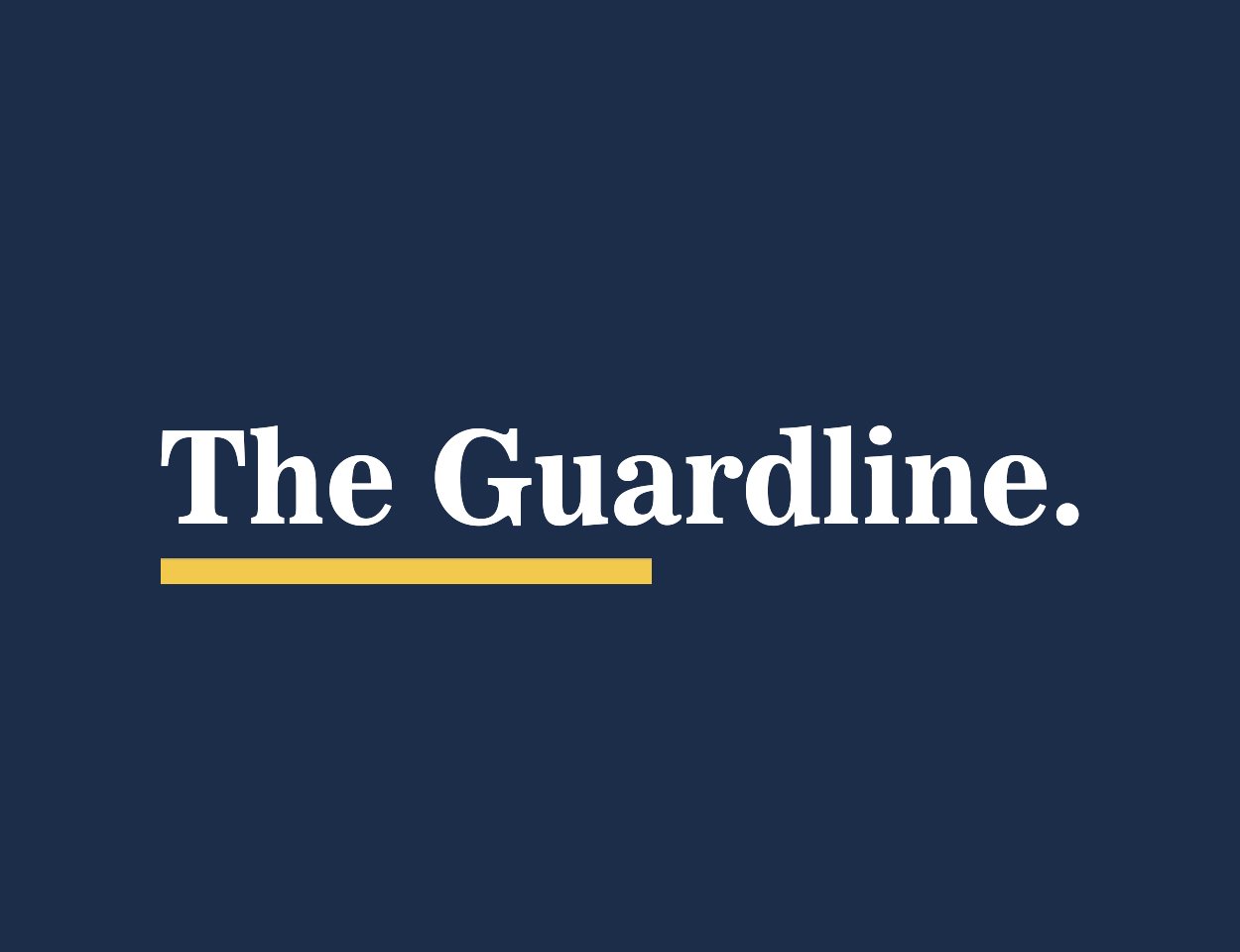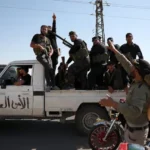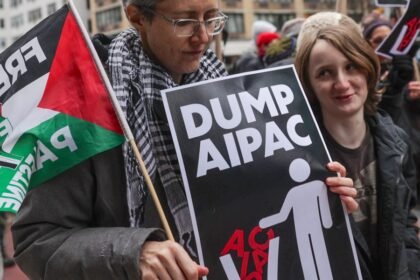Guarding Integrity in Every Headline — Since day one, The Guardline has been committed to delivering accurate, unbiased news, standing as guardians of truth in every story. In a world flooded with information, we protect what matters most: integrity.
Recent intelligence leaks and regional security reports indicate that Iran has transferred chemical weapons materials and missile components into Sudan, deepening concerns that the country is being drawn into a wider geopolitical confrontation.
The Route: From Iran to Sudan via Eritrea
The weapons pipeline reportedly began at Iran’s Bandar Abbas port, with shipments routed through Asmara, Eritrea, before arriving in Sudan overland. Once inside Sudan, the cargo — including precursor chemicals for prohibited agents such as chlorine — was stored in hidden depots.
Two sites stand out in the reports:
- Kadro slaughterhouse, used as a temporary storage facility.
- Oseif base on the Red Sea, described as a new Iranian-supported installation with potential regional implications.
Sudanese Military Involvement
According to documents smuggled from Syrian intelligence archives, the operation relied on cooperation from senior Sudanese officers linked to Islamist networks. Among them, Major General Mirghani Idris Suleiman, a close ally of General Abdel Fattah al-Burhan, is cited as playing a central role in receiving, storing, and preparing chemical shipments.
These revelations suggest that Sudan’s military apparatus is not only embroiled in its civil war but is also entangled in a broader weapons network with regional reach.
Iran’s Strategic Calculations
Analysts point to three key motives for Iran’s involvement:
- Relocating sensitive stockpiles after Israeli strikes on its facilities in Syria and Lebanon.
- Exploiting Sudan’s weakened state and fractured institutions to operate with minimal oversight.
- Establishing a strategic foothold on the Red Sea, positioning Sudan as a platform to threaten Israeli and allied interests.
Implications for Sudan and Beyond
For Sudan, this alignment represents more than external interference. It threatens to turn the country into a proxy battlefield, with civilians caught between local conflict and global power struggles. Reports suggest that Sudanese territory is being prepared not just for storage, but for potential operational deployment of chemical weapons.
Guarding Accountability Amid Silence
The revelations raise urgent questions: Who within Sudan’s leadership authorized these transfers? And what steps will the international community take to prevent Sudan from becoming a regional launchpad for chemical warfare?
At The Guardline, we reaffirm our commitment: to guard integrity in every headline, to verify evidence carefully, and to ensure that Sudan’s crisis is reported with accuracy and accountability. Silence cannot be an option when lives — and regional stability — hang in the balance.











